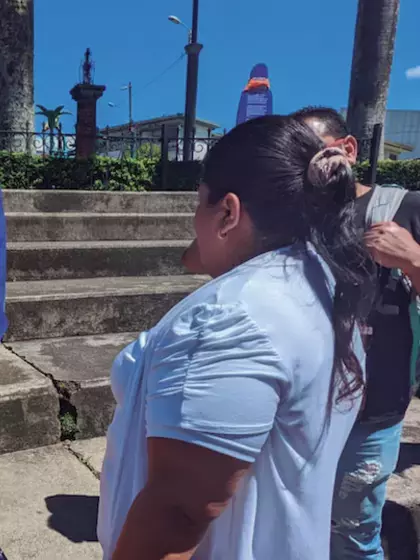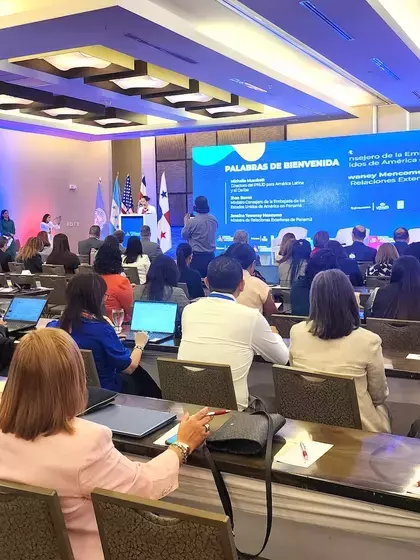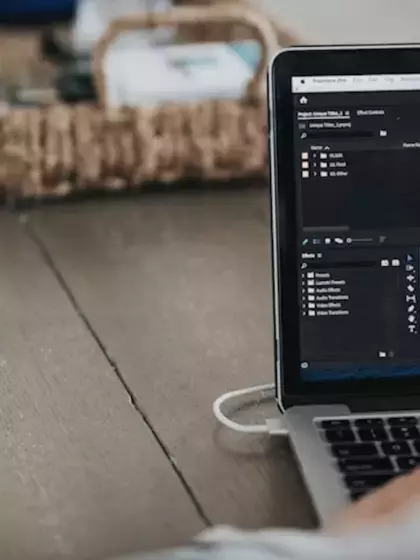Paving the road to peaceful coexistence for migrant and resident populations in the Darien
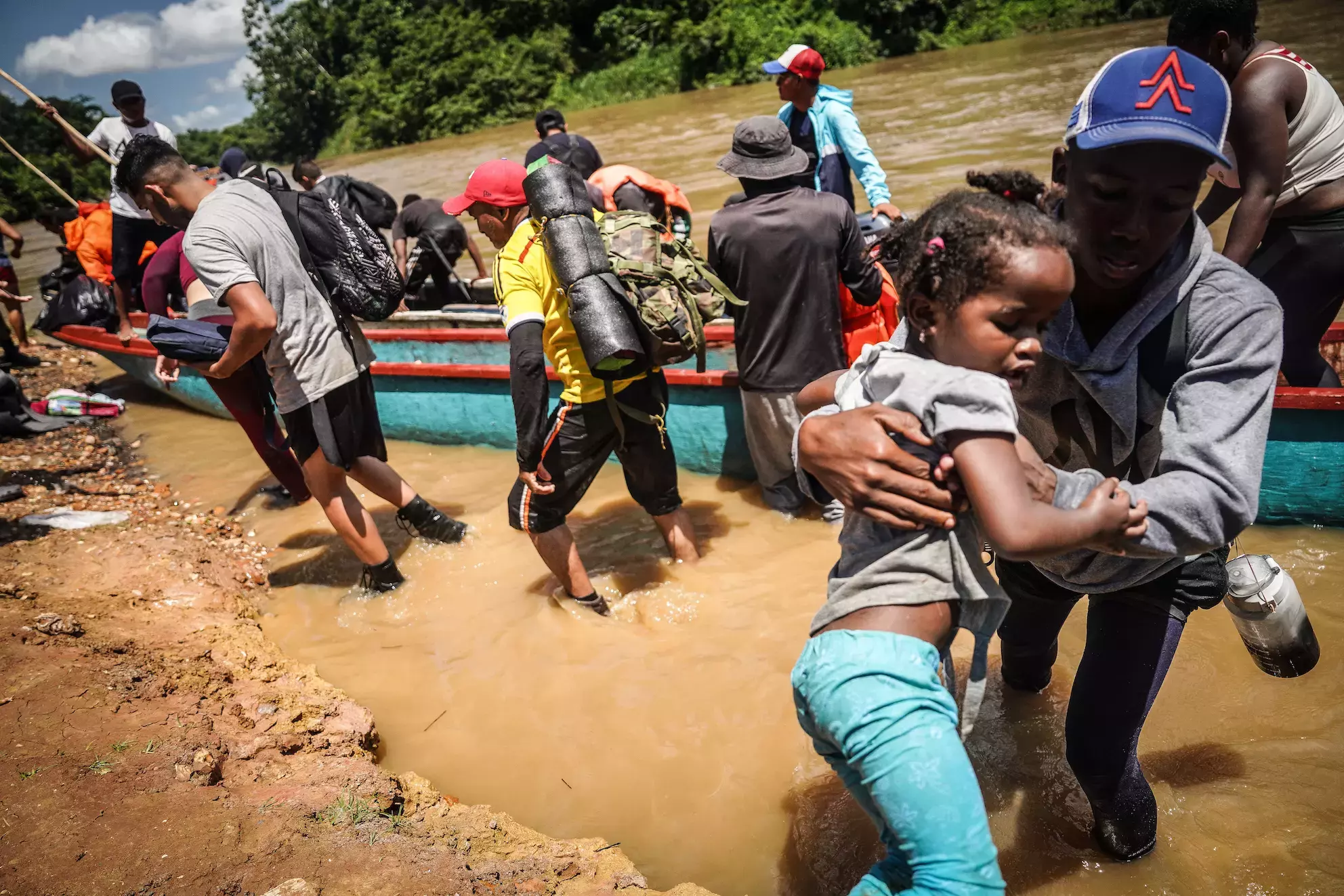
The huge flow of migrants recorded in recent months is challenging national institutions and local communities in the border region between Panama and Colombia, with drastic transformations to the area.
The site of this movement is the National Darien Park, particularly the Embera Wounaan indigenous territory where over 330,000 people have crossed over between January and September 2023. The migration movements pose challenges for those attempting to cross the inhospitable jungle, facing hazards like criminal groups, but also for the Native American communities whose way of life and culture has changed from one day to the next.
Peaceful coexistence is the basis for human development and it is fundamental for creating more just and inclusive societies. Insecurity and crime undermine people's capacity to build communities and they erode trust in institutions and democracy. They also impose high costs, ranging from public spending on security to irreparable costs in human lives and physical integrity.
In response to these developments, the United Nations Development Programme (UNDP) by way of the InfoSegura Regional Project in partnership with the United States Agency for International Development (USAID), have decided to work with national and local institutions, as well as the communities themselves to help improve information management and analysis to facilitate comprehensive data-based interventions with the migrant and resident populations in the Darien area. The objective is to identify effective, collaborative and systemic solutions to address the challenges of coexistence, conflict and citizen insecurity in the Darien region.
For this project, InfoSegura will partner with Almanaque Azul Foundation that carries out education and research to protect natural and cultural diversity in Panama, and the Geo Indigena non-profit organization that works on demarcation, mapping collective lands and territories, as well as the indigenous lands in the Republic of Panama.
The expected outcome is going to be a public consultation method that will continue the process of integrated management of data, information and solutions in the migrant transit zone in Darien. The focus will be on territorial governance, livelihoods, addressing violence and conflict, as well as proposing alternative solutions. The work will be done in collaboration with the migrant- and host populations for future actions to be carried out in the area.
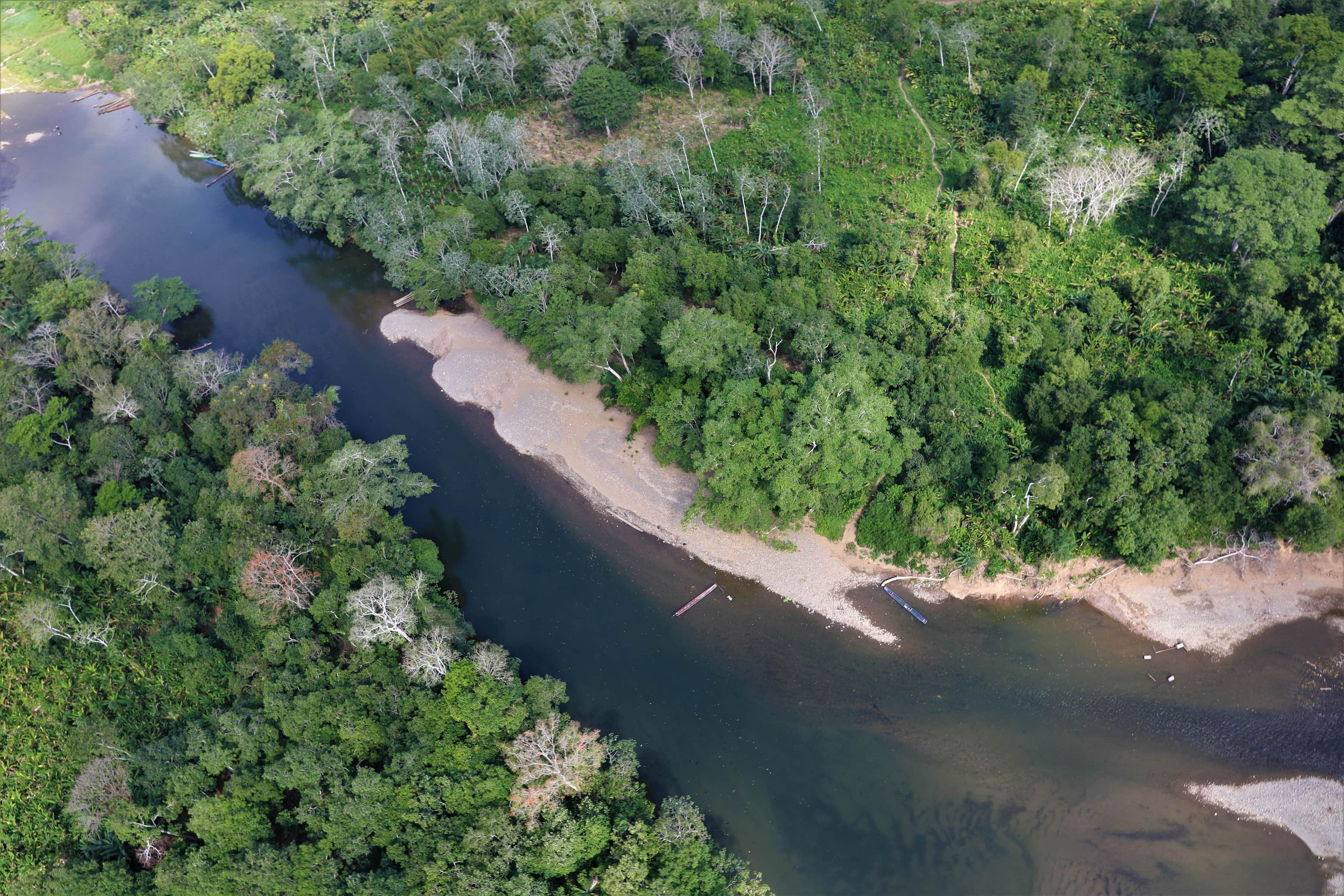
View of Darien jungle, Panamá. Photo: OIM/Gema Cortes.
Three experiences lead to different results
In the Darien region, host communities have faced a series of unique challenges as a result of the migration dynamics. In the midst of this migrant flow, different responses and circumstances have emerged.
One of the active receiving communities in the region is Canaan. Having experienced migrant flow for several years, Canaan has adopted a positive attitude towards migrants. However, this change in the local dynamics has had an impact on community life. Former activities like family farming and artisanal fishing have been replaced to a large extent by services like providing migrants with water transport, lodging and food. Although these changes have brought in additional income to the community, they have also changed the social and community dynamics, for instance education for local children and young people.
The experience in La Penita: return requested
It is a different story in another community, La Penita. After requesting the Migrant Receiving Station (MRS) be closed and migrants be transferred elsewhere, now the community is asking that the migrant population be returned. The reason is that the local community has been unable to go back to the economic and productive activities they had before the arrival of the migrants. This has led the local population itself to migrate in search of opportunities in Panama City.
The case of Bajo Chiquito: Tension and conflict
In contrast, the presence of the National Border Service and a Migrant Receiving Station in Bajo Chiquito has led to tension and conflict with a negative impact on community life there. The authorities and the population have tried to regulate the entry of migrants into the community. This has led to distrust and conflict with the migrant population.
The migration movements through the Darien region have had a complex and multifaceted impact on local communities. The local communities and the migrant populations have diverse needs that call for appropriate and coordinated responses. Guaranteeing social cohesion and peaceful coexistence in this context is fundamental for achieving sustainable development, protecting human rights and preserving the dignity of all those involved. This is where InfoSegura comes in, contributing its know-how to this project.


